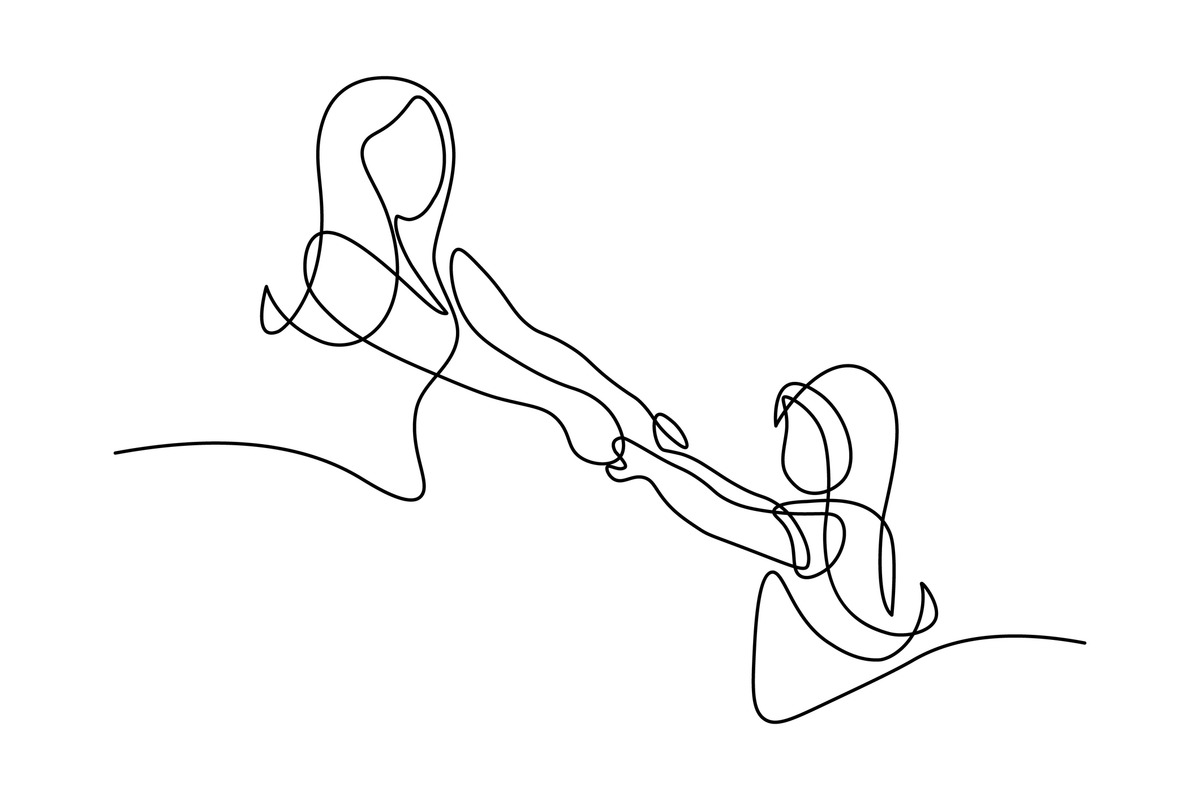Delbar Arya: From Punjabi success to Bollywood dreams
Delbar Arya, known for her Punjabi cinema triumphs, sets her sights on Bollywood, aiming to break stereotypes and soar to new heights in Indian cinema.
With evident pride, Deepika introduced me to her son, who, by now, was a known scriptwriter in Bollywood, and his wife, who too wrote and edited scripts. They worked together and had a loyal clientele.

(Photo: iStock)
I remembered Deepika as a charming, lively person who worked with my brother. Though my brother whispered in a muffled voice, she suffered from an insidious affliction. Multiple Sclerosis. She showed no sign of it, except a slow gait, but there was no knowing how it would evolve. Meanwhile, I was happy to hear that she had a good standing as a reporter and that her prospects were bright.
Later I heard from my brother that Deepika had married a distinguished editor and had carried on as an enterprising reporter.
I met her again after twenty years when I visited Mumbai. She was a widow now and lived in a tidy, sunlit apartment in Worli. She did some reportorial work, but she was now mainly a columnist and writer. This had to do with her syndrome, which had worsened and made movement less convenient for her.
Advertisement
With evident pride, she introduced me to her son, who, by now, was a known scriptwriter in Bollywood, and his wife, who too wrote and edited scripts. They worked together and had a loyal clientele.
Though Deepika was cheerful and competently handled her professional life, I could see how arduous it had become for her to do the usual chores. I thought of the iron will need to run around the city and do the work she did so energetically. She had given a full measure of devotion to her husband and family, brought up her only son with care and affection, and now struggled alone to live a decent life. It wasn’t easy, neither emotionally nor economically.
Her parents were professional people, but she had seen them suffer financially at the end of their lives. She didn’t want that. She worked unremittingly. She wanted to remain independent, in her means and in her way of living.
More than her financial straits, what concerned her more was her relationship with her son. This surprised me because I believed, like others who knew her, that she had a good relationship with her only child.
Good, but distant. Very distant. He was, by all accounts, a charming person. Responsible too. If she was sick, he inquired, occasionally came to visit her too. If it was serious and she needed to go to the hospital, he sent his car with the driver. At long intervals, he would come to see her, often with his wife, and she was delighted. She cooked, she cleaned, and she waited eagerly for the precious hour or two her son could spend with her. But, then, too soon, he would be gone, and her home seemed a little desolate.
Of course, she understood that he was busy. He worked on his own and could not afford to lose a client. He was hard-pressed to meet the untimely demands of unreasonable clients. The business was tight, time scarce. She understood that he had to have his life and spend time with his wife. But understanding is not the same as filling the void in your heart. She missed him.
She missed him acutely. She recalled the halcyon years of his childhood when she forever held him in her arms. How she taught him to walk, to eat with his hands, to read the first letters. She remembered his fondness for birds and animals. His first fearful, exciting day in school. His new playmates and lost playthings. Did he ever think of those days now, when he was right next to her heart?
He hero-worshipped his father. He recalled fondly the times he went for a walk with his father, the books his father read to him when he hadn’t started to read, the admiration he evoked with many as a reputed editor. His mother’s role he seemed to take for granted as if she did what all mothers did and what was normal, even usual. It did not measure up to anything special, that needed mention or even some recall. No, he wasn’t ungrateful. He seemed just forgetful.
When I listened to her, I remembered how preoccupied I was when I started my career, to the periodic neglect of my ageing parents. I tried to defend her son and explained how frantic the pace of business was these days. She knew all that. She had told herself, a thousand times, the many reasons that kept her son elsewhere. She had reasoned with herself that he could not come because he had work to do. He could not even call because he had to attend to his clients. She did not need my explanations or my pleadings on his behalf.
She kept herself busy with her work. She met with her colleagues and friends regularly. She was dutiful in attending to social chores or sick relatives. She did all that a professionally accomplished woman can do to fill her empty hours. She was in full possession of her life.
Yet, at the end of the day, as she sat in her neat apartment and watched in the window the dark advancing with an ominous quiet, she knew that sleep would tarry to land on her restless eyes and the last lingering thought would still be that of a son that she seldom saw but perpetually enshrined in her fitful dreams.
Advertisement